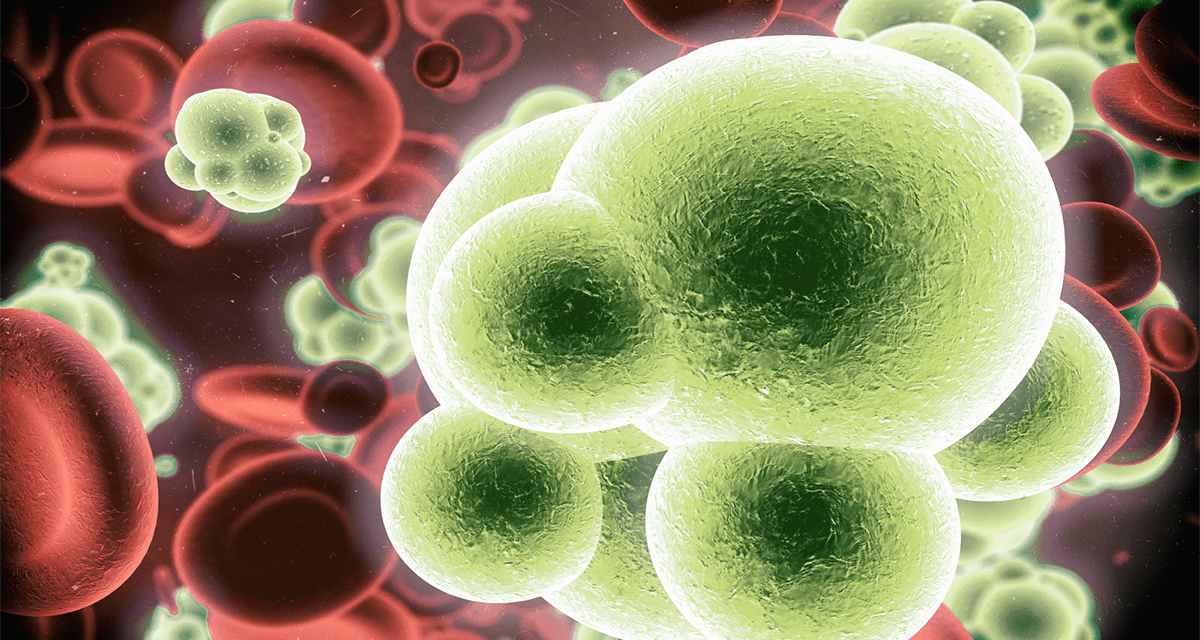Direct-acting antiviral (DAA) therapy for hepatitis C (HCV) has encouraged lung transplantation with HCV+ donors. Early trials have been promising(1, 2), however nationwide data has not been previously examined.
The United Network for Organ Sharing registry was queried for adult patients receiving lung transplants from 2016-2019. We excluded multiorgan transplants, incomplete data, and loss to follow-up. Nucleic acid testing (NAT) determined HCV status. Propensity matching was performed for comparison of outcomes.
HCV NAT+ lungs were transplanted in 189 patients, compared to 9511 recipients of NAT- lungs. HCV NAT+ donors were younger (mean: 33 vs 35 years, p=0.017) with higher rates of PaO2/FiO2 >300 (83.6% vs 76.5%, p=0.029). Recipients of NAT+ lungs had lower lung allocation scores (mean: 39.3 vs 42.4; p=0.009). Distance traveled was significantly further for HCV viremic donor lungs (mean: 416 vs 206 miles, p0.999) or reintubation (p=0.304). At mean follow-up of 395 days, 63 recipients of NAT+ lungs (40.0%) seroconverted, 14 with viremia. 1-year mortality rates among seroconverted patients was 6.0% and did not differ significantly from 14.0% in non-seroconverted patients or 13.2% in recipients of HCV-negative lungs.
Short-term outcomes of lung transplantation from HCV viremic donors are promising, with no difference in early complications or survival. The effects of seroconversion and long-term outcomes including chronic rejection and infection need to be further explored.
Copyright © 2021. Published by Elsevier Inc.
Outcomes of Lung Transplantation from HCV Viremic Donors.


